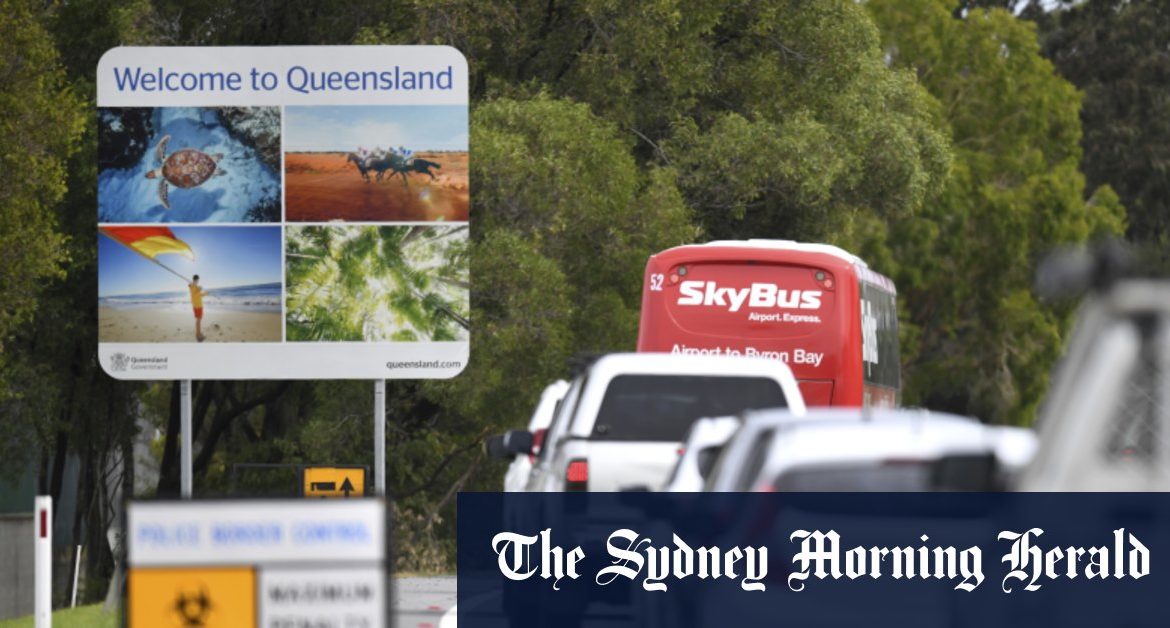Andrew Hughes, a lecturer in marketing in the Research School of Management at the Australian National University, said the opening of state borders was great news but travellers were not ready to make bookings beyond a few weeks.
“What’s scaring people off is the border closures, because when they happen they happen very quickly, and people have a sense of being trapped,” Dr Hughes said.
“If people were given some certainty that they could have a day or two to get out of the state, then they might be more inclined to travel further.”
Travellers from NSW got a pre-emptive reminder of how quickly Queensland was willing to move on border issues as it announced closures to Perth and its surrounds after a coronavirus case was discovered there.
The past two times Queensland opened its borders to NSW travellers, they were open for 15 days in July, and 19 days in December.
Loading
“Queensland now seems a long way away, and many are looking for tourism in their own backyard, packing up the car and driving two or three hours instead of getting on a plane,” Dr Hughes said.
“The perspective has changed. Instead of Queensland seeming like a short plane trip compared to flying to Europe, for example, we now view travelling interstate like we used to view travelling overseas.”
He said even with a vaccine, travellers would much more cautious for the next few years.
Char-lee Moyle, an expert in tourist behaviour and trends from QUT Business School agreed it would take time for tourism to get back to pre-COVID levels.
“I expect the tourism sector will struggle for the next five years, and that’s assuming we have a vaccine here,” Dr Moyle said.
“In the meantime, what you’ll see is people doing much shorter bookings much closer to the date, which means a lot more volatility for tourism operators.”
The one bright side Dr Moyle saw in the situation was that while it could not make up the full deficit left by the lack of an international market, Australians holidayed overseas more than extended trips at home.
“Australians typically spend more [on tourism] overseas than they do in Australia, so we can technically make up most of the shortfall with domestic tourism,” she said.
“It’s just encouraging people to do that travel – not only do we have the uncertainty around borders, but we also have that economic uncertainty caused by the pandemic, which means people aren’t spending what they normally would on a holiday.”
Stuart Layt covers health, science and technology for the Brisbane Times. He was formerly the Queensland political reporter for AAP.
Most Viewed in National
Loading







